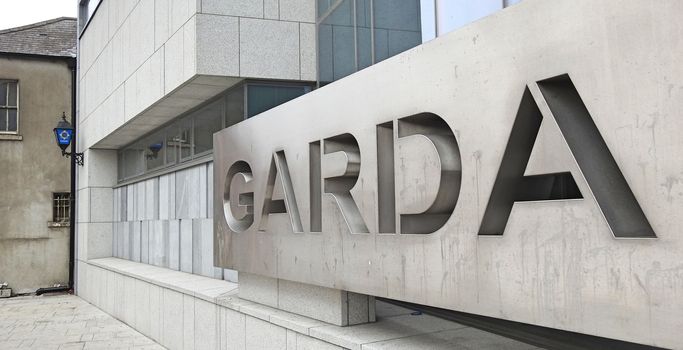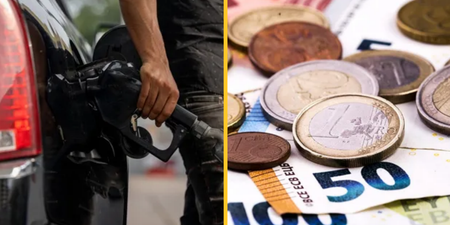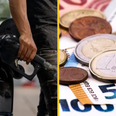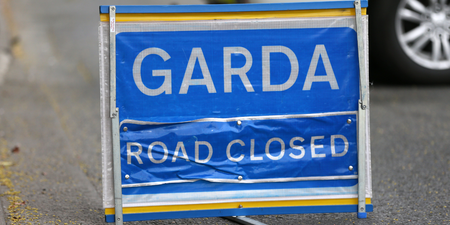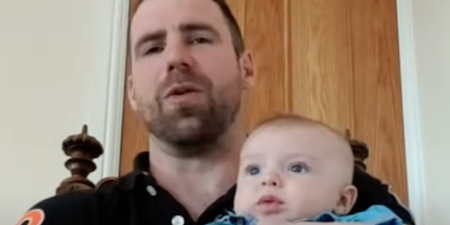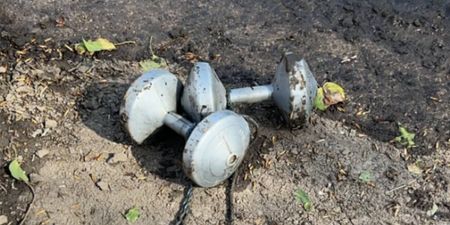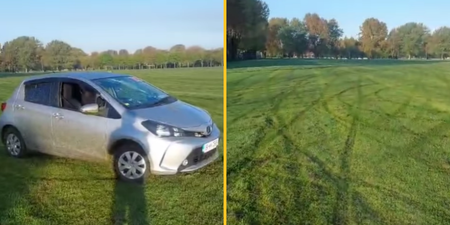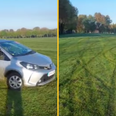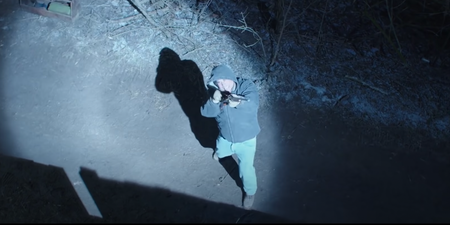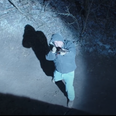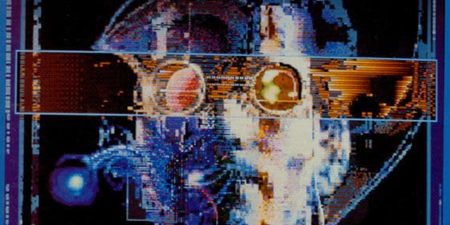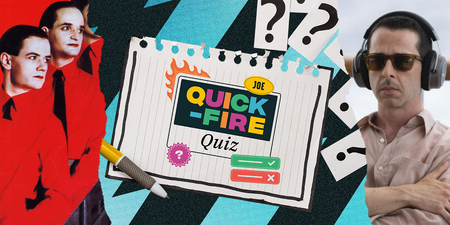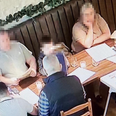The app is set to “revolutionise road traffic policing”.
An Garda Síochána have launched a Fixed Charge Penalty app on a trial basis that will be used to improve their efficiency with regards to policing roads in Ireland.
The app will aim to detect if cars are untaxed or uninsured and will also be used to scan registration plates of cars pulled over by officers and assign fixed charge penalty notices (FCPNs) if an offence has been committed.
This technology facilitates the identification of a range of offences at the roadside, in particular disqualified drivers, unaccompanied learner drivers and those driving uninsured and is being described as the most important development in roads policing since the introduction of the roadside breathalyser test.
It is currently being trialled by 50 Gardaí in Limerick and all Garda members involved in the pilot will provide feedback at least once a month during this period.
The app will enable Gardaí to:
- Vehicle Look-Up app – this means a vehicle’s history and tax status can be automatically viewed by entering its number into the app. This may expand to include look-ups on insurance status, NCT compliance, and driver details. It may also lead to fixed charge notices being issued at roadside via the mobile device.
- Enable the Garda ACTIVE Mobility Strategy to deliver a range of mobility services to the organisation over the next three to five years.
- Check their email and calendar without returning to the station.
Chief Superintendent, Limerick Division, David Sheehan commented: “Mobile technology is changing how people work. It is reducing the need to be stuck behind a desk in order to get your job done.
“The public and our members expect us to use mobile technology to enhance our delivery of policing. We agree. Mobile technology presents a huge opportunity for An Garda Síochána.
“It has the potential to give our people the data they need, when they need it to conduct searches, make arrests and prevent crime. It has the potential to increase the number of hours members spend on patrol and enhances how we interact with communities.
“The public in Limerick will be able to see for themselves how the technology works over the next six months if they are stopped at a checkpoint and asked if the tax for their vehicle is up-to-date.”
LISTEN: You Must Be Jokin’ with Aideen McQueen – Faith healers, Coolock craic and Gigging as Gaeilge
